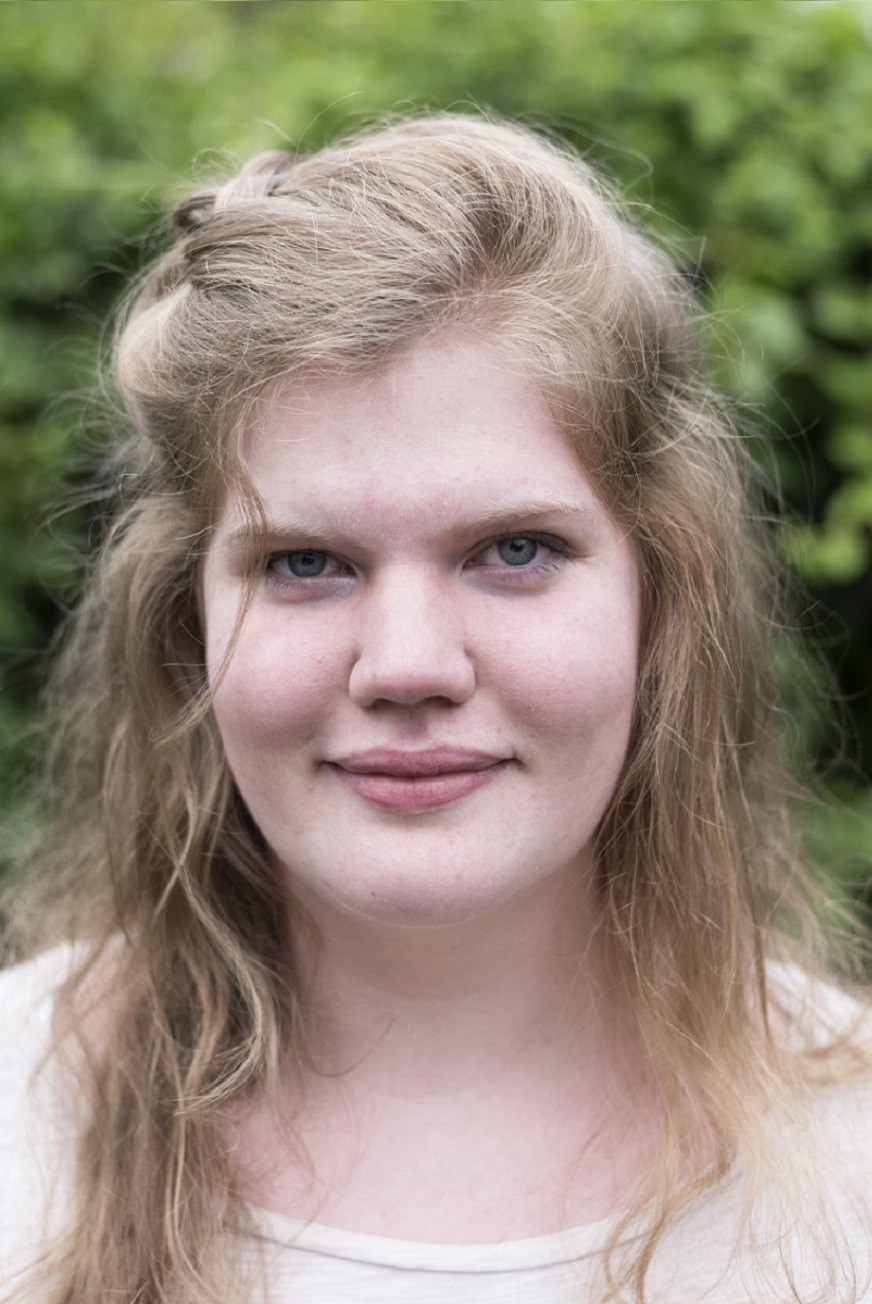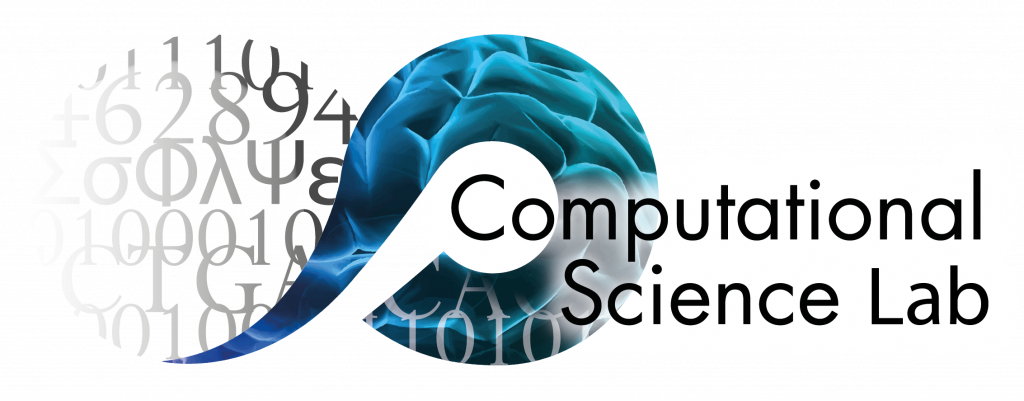
Lotte van der Wilt
Before my master’s, I studied Psychobiology at the University of Amsterdam. I realized that I particularly enjoyed research and that I had a preference for the more technical courses. During my bachelor’s, I became more aware of the possibilities that computational models offered, especially for brain research. It captivated me how computational models could be used to simulate the brain, providing us with the ability to experiment in ways we cannot do in reality. I found the Master of Computational Science online and was immediately intrigued. I liked the diversity in student backgrounds and personalized study plans. It seemed like the perfect middle ground to me. I wanted to learn everything about modeling and simulating complex systems, rather than becoming a computer expert or limiting myself to the models frequently used in neuroscience. However, I did have one concern: I was worried about the difficulty of the program, as I had no programming experience and minimal knowledge of math. I decided to follow the Minor Computational Science in the last year of my bachelor’s. I aimed to find out whether Computational Science would suit me and also to acquire some skills in programming and math. I loved the minor and applied for the master’s program.
Now, I’m in the second year of the master’s program. I have learned a lot, but I also had a great time. The teaching staff – specifically the Computational Science team at UvA – is excellent. I think what makes them exceptional is not just their knowledge and skill, but their enthusiasm. In my experience, the teachers are always open to ideas, are supportive and helpful towards students, and are easy to approach. There is a wide variety of courses in the study program, and the projects are usually exciting. At the moment, I have finished all my classes, and I am in the middle of an internship. As my final project, I am using computational models to study the structural and functional changes in the schizophrenic brain.
My favorite aspect of the Computational Science master’s is the way students from all the different disciplines work together. We were all from different backgrounds, and we all see problems in a slightly different light. In the beginning, there were significant differences in skill levels. I remember a large number of students had no idea how to program in the first year. Now, I look around, and I see those same students have turned into researchers and data analysts. What I love about the Master of Computational Science is that no matter what your background is, you can choose the path that is most valuable to you. In the end, we all acquired the same basic level of knowledge that was necessary, yet we all have different expertise.
Of course, there is an opportunity for improvement. For me, that is mainly the fact that the demand for AI courses is much higher than the course capacity. For this reason, like many other students, I was not able to take the Machine Learning course. I understand that this is an AI course. Therefore the AI students have priority. However, perhaps the course could be given twice a year, or the Computational Science program could consider creating a machine learning course of their own.
Nevertheless, the program has met all my expectations. I learned to apply a wide range of computational models, and I feel prepared for my future. I am currently doing an internship where I get to use the skills I’ve learned in the field of neuroscience, which is precisely what I’d hoped to achieve when I enrolled in the Computational Science program two years ago.
